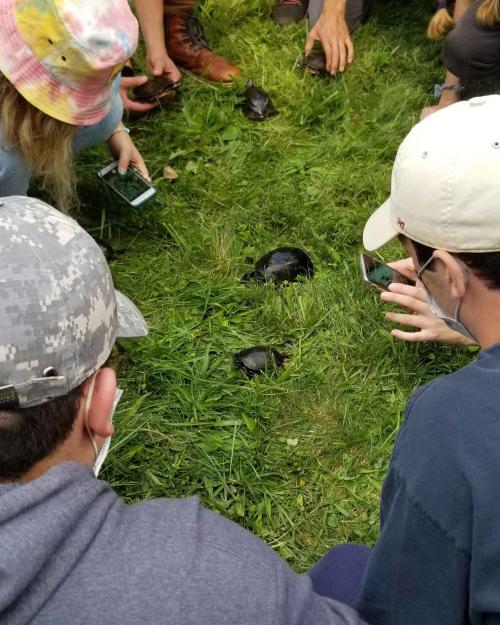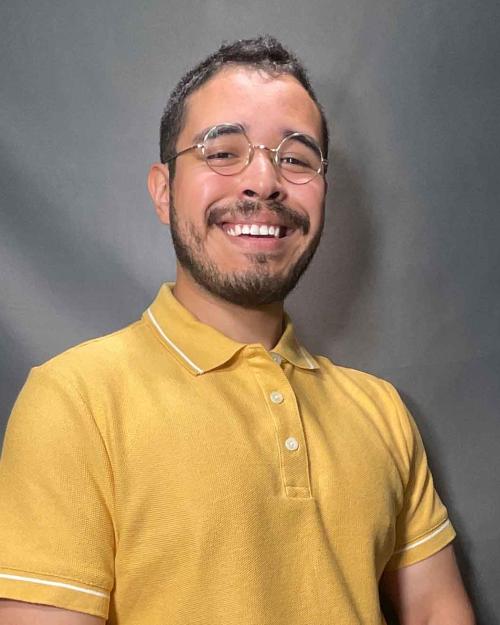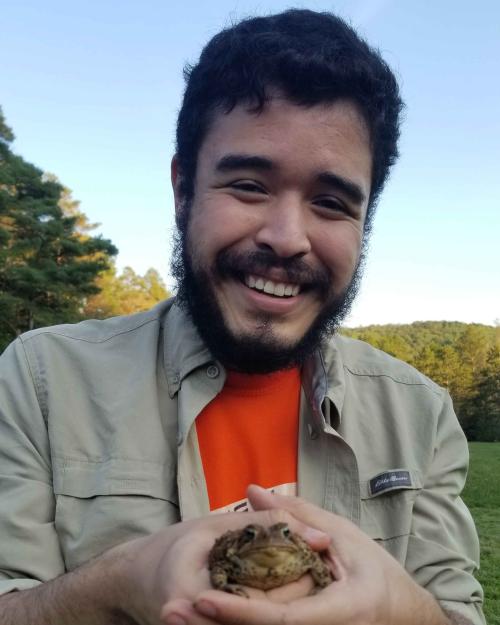Undergraduate students in scientific field courses often talk about their research with mentors, peers, family and friends and those interactions are important in shaping student views of themselves as scientists, according to research by Cornell doctoral student David Esparza.
Esparza’s paper, “Professional social connections are associated with student science identity in a research-based field biology course,” was published Sept. 10 in Ecosphere.
“Much of the work in this field focuses on field courses and their impacts, but few people study the social interactions taking place within field courses and whether those interactions are related to outcomes,” he said. “I found a connection between the frequency of interactions students had with other students and their professors and the degree to which they view themselves as ‘scientists.’ “
Esparza is studying discipline-based education research in the field of ecology and evolutionary biology. His study focused on students in a Cornell undergraduate field course in the fall of 2020, where he conducted numerous surveys during the semester. His work is supported by a graduate research fellowship from the National Science Foundation and by the Athena Fund from The Cornell Lab of Ornithology.
Along with the topic of identity, Esparza also found that students are frequently communicating about their work with family and friends, offering an opportunity for students to become informal science communicators. “We want to make students feel that their work is important to other students, and also to family, friends and other people in their lives,” he said. He found that students were sharing their work not only to explain their research, but also to seek support from family and friends.
And he found that one-on-one faculty time with students during field courses was crucial for students to gain knowledge and confidence in their scientific skills.
This identity and support gained through field courses turns out to be important to retaining students as science majors as they make their way through college, Esparza said, especially for students who may not have had many outdoor experiences growing up.
“You have students whose parents took them on ecotourism vacations every summer, and you also have students, especially those from urban environments, who didn’t have those opportunities,” he said. For those latter students, a field course may be their first experience encountering certain animals, plants or environments.
“David’s work quantifies and analyzes something field course instructors have sensed for a long time: that there is something truly special about these on-campus field courses,” said Michelle Smith, senior associate dean for undergraduate education in the College of Arts & Sciences and the Ann S. Bowers Professor of Ecology and Evolutionary Biology. “As an instructor, it is so wonderful when a student excitedly starts a sentence with 'I was just talking with my mom/friend/roommate about this idea the other day and...' These interactions reinforce that students want to share what they are learning and experiencing with individuals inside and outside of class."
Field courses are typically very social, one reason Esparza was drawn to this area of research. Students are spending lots of time with their classmates and teachers, in new situations, outdoors and traveling to and from sites.
“It wasn’t uncommon for me to meet a student who said they took an introductory field course where they didn’t know anybody, but now they’re rooming with three people from the class,” he said, explaining the potential of the course to bolster student relationships with their classmates.
Some of Esparza’s new research projects also include a focus on field-based research, trying to determine the optimal timing of field courses in a student’s college career and studying the ways that students refine their scientific identities over time. Moving forward, he also aims to study biology active learning environments and traditional classroom lectures to learn how those different environments influence student interactions and outcomes.






